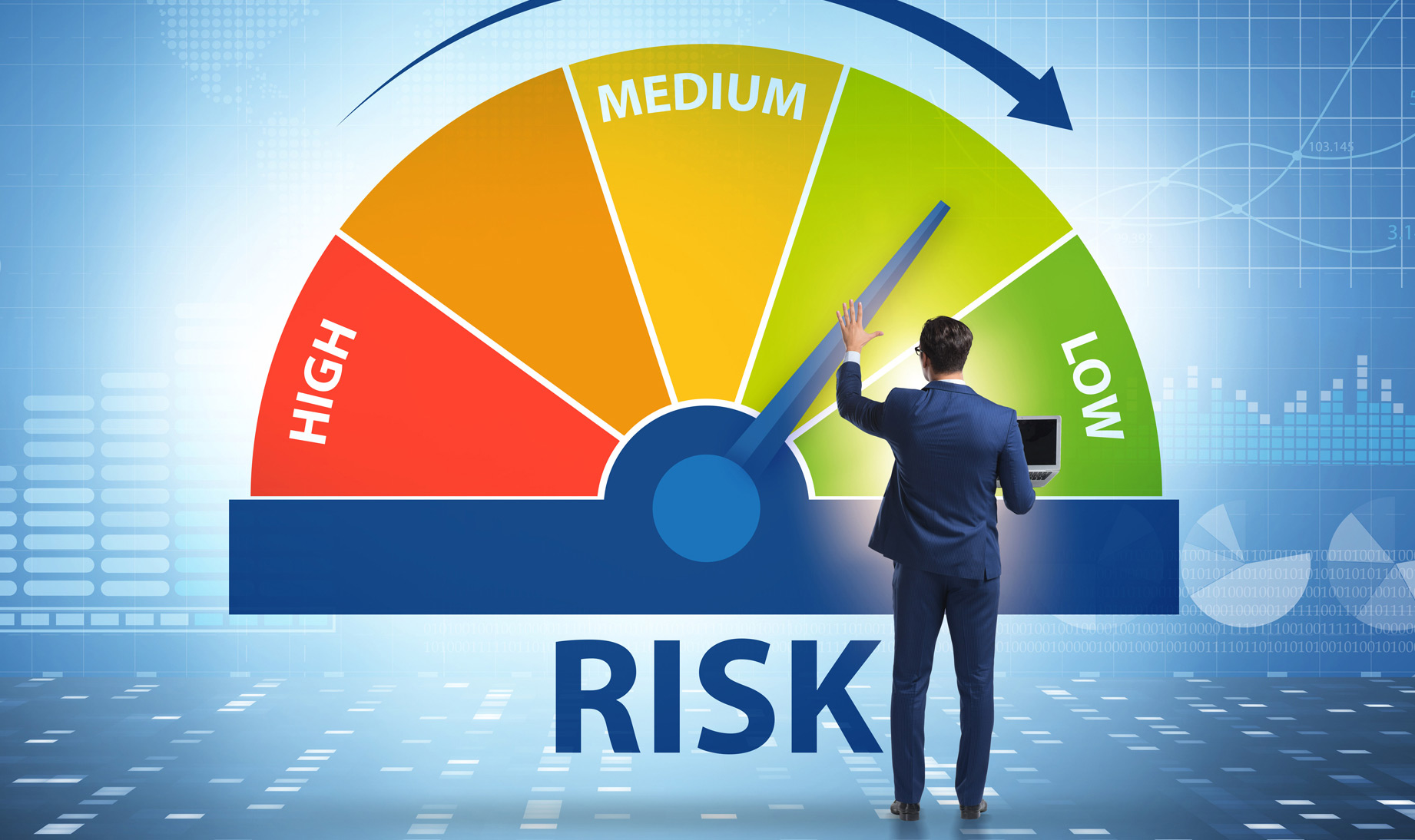Being a real estate professional comes with its fair share of risk. If you give what your client considers misleading advice, you could have a claim filed against you. A client could also claim negligence, misrepresentation, or failure to disclose information.
With all of these possible scenarios, you want to make sure your risk is low to decrease the likelihood of a claim being filed against you, which keeps your E&O premium down.
Claims impact on your premium
One factor impacting your E&O premium is your claim history. Claims may cause your premium to increase, and the more you have, the higher your premium will be since you are a higher risk for the carrier to take on. However, small claims or claims closed without payment may not affect your premium.
Though you can’t do much about your prior claims, you can help prevent any future claims from negatively impacting your E&O premium. When you don’t have as many claims, you do better, the carrier does better, and everyone wins. You know that it’s important to prevent claims, but what can you do to help reduce your risk of claims in the future?
Documentation is your best defense
Documentation is vital. Courts hold you to a much higher standard as the real estate professional. When there is a claim made against you, it’s one person’s word against the other. In these “he said, she said” situations, you need to make sure there is documentation in place to defend yourself and your firm.
When you think of documentation, you typically think of the legal closing package, but documentation also includes any communication with your client such as phone call recordings, text messages, and emails. All these forms of communication should be retained in the transaction file just in case you ever need them. Your documentation can be your best defense.
You can never underestimate the gravity of documentation. When it comes to court, it’s not always the person with the most money or the better attorney or the person who’s right who wins—it’s the person with the most documentation.
Though you are working your best to help and your clients, you never know what they might do in the future, and documentation will always be there to back up your side of the story no matter what happens.
Protection by shifting the risk
Another way you can protect yourself from future claims is to shift your risk. Shifting the risk essentially means that you don’t step outside of your area of expertise. As a real estate professional, you’re not an attorney or a CPA. If your clients have legal questions or questions about tax implications, refer them to someone other than yourself.
Staying inside of your area of expertise is a great way to ensure you’re not giving misinformation to your clients. If your clients have a question about the home structure or anything you don’t feel comfortable advising, it’s okay to shift that risk to a home inspector or the home warranty. That way, if something does happen in the future, you have the inspection and/or the warranty to cover you and shift that risk.
How Pearl Insurance can help
Everyone makes mistakes, and we know that you can’t always avoid claims. But we want to help you. At Pearl Insurance, we work directly with your firm to help prevent claims and minimize your exposure in the event of a claim through our risk management efforts.
As you know, preventing claims can be complicated. That’s why we have our Risk Management hub that is full of resources for you to learn how to reduce your risk and learn from mistakes other real estate professionals have made so you can avoid those same mistakes in the future.
Curious what our Risk Management newsletter looks like? Check out the sample below of one of our monthly newsletters—just one of the services we have to offer.







